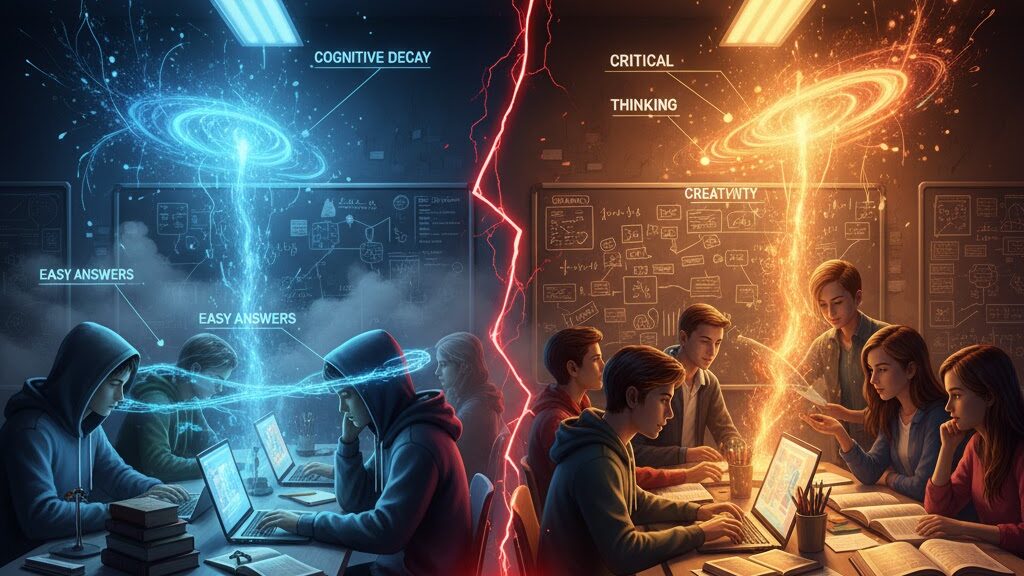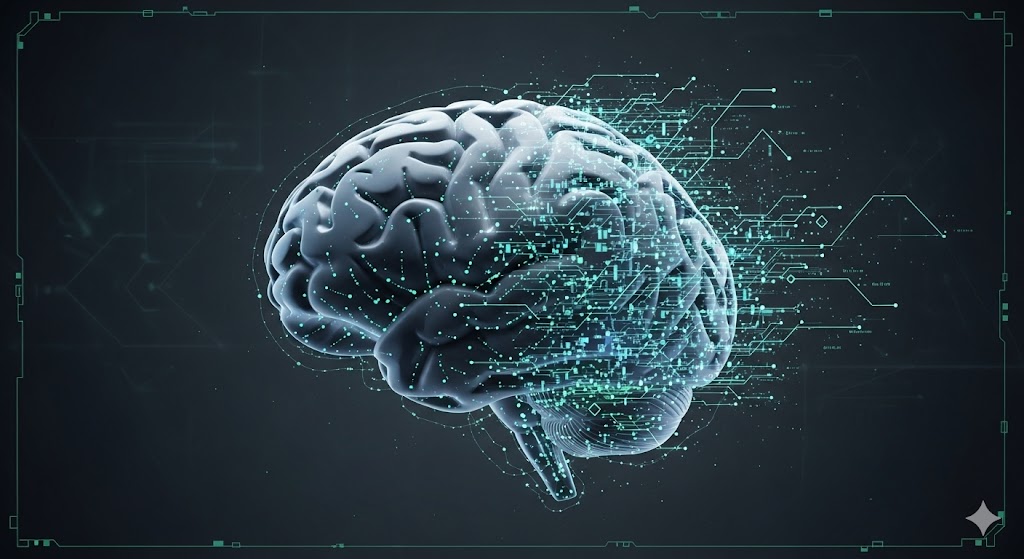
Source
Radio New Zealand (RNZ) – Nine to Noon
Summary
University of Auckland professor Alex Sims examines whether the growing integration of artificial intelligence in classrooms and lecture halls enhances or impedes student learning. Drawing on findings from an MIT neuroscience study and an Oxford University report, Sims highlights both the cognitive effects of AI use and students’ own accounts of its impact on motivation and understanding. The research suggests that while AI tools can aid efficiency, overreliance may disrupt the brain processes central to deep learning and independent reasoning. The discussion raises questions about how to balance technological innovation with the preservation of critical thinking and sustained attention.
Key Points
- AI use in education is expanding rapidly across levels and disciplines.
- MIT research explores how AI affects neural activity linked to learning.
- Oxford report includes students’ perceptions of AI’s influence on study habits.
- Benefits include efficiency; risks include reduced cognitive engagement.
- Experts urge educators to maintain a balance between AI support and active learning.
Keywords
URL
Summary generated by ChatGPT 5


